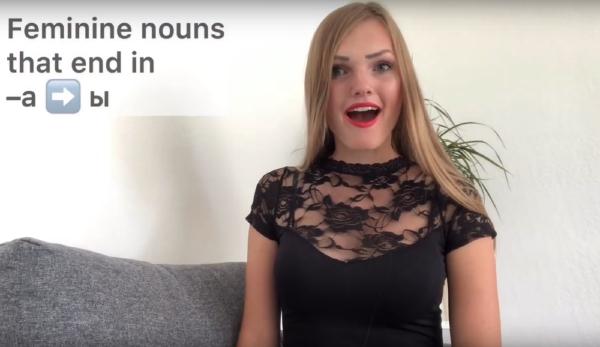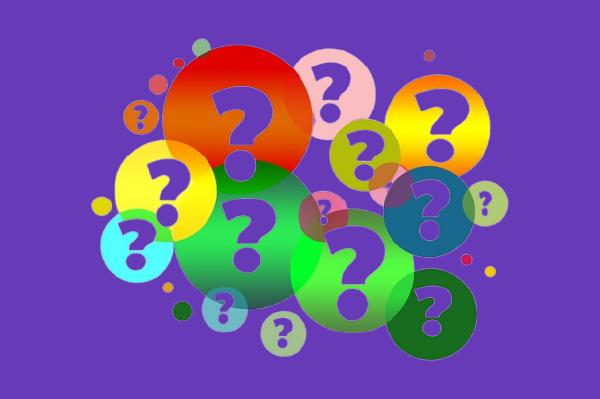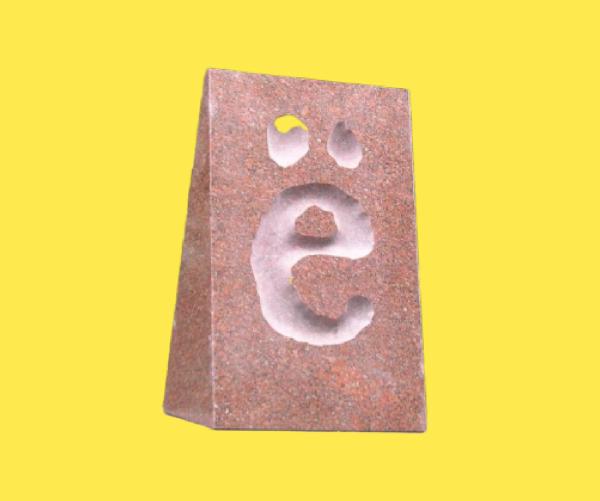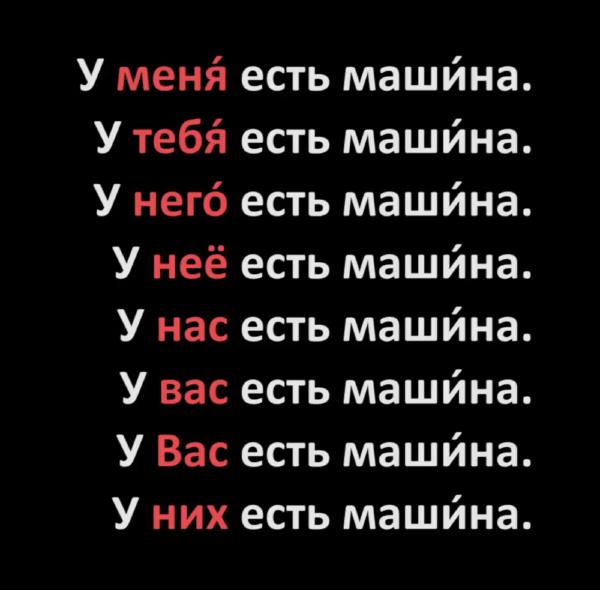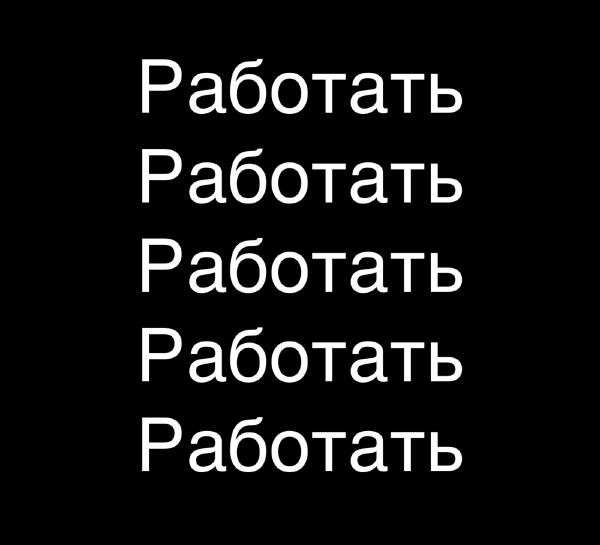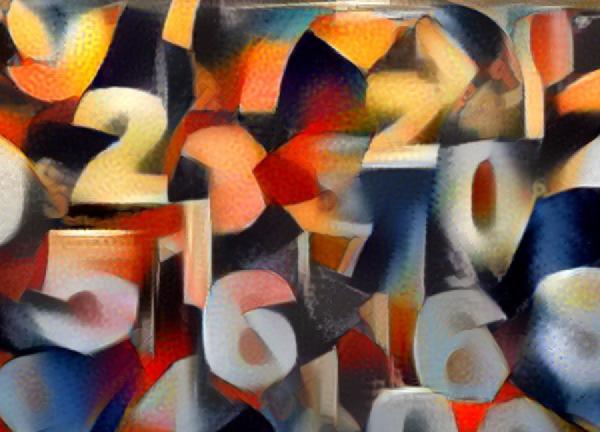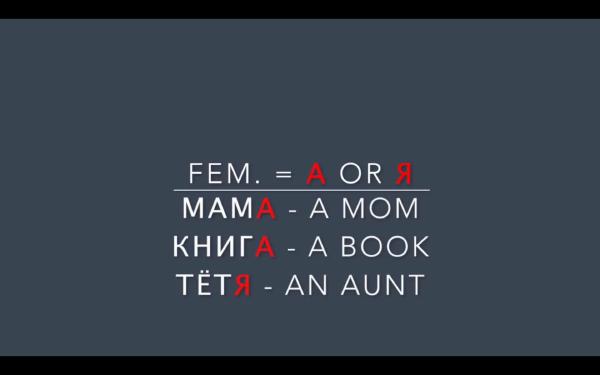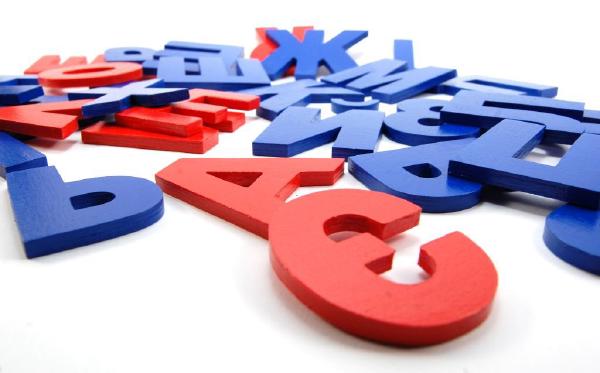Russian Ordinal Numbers
Language
After covering the basic
numbers or
cardinal numbers, here’s the second part:
ordinal numbers, like first and second. In English, they’re called ordinal numbers, and in Russian, they are порядковые числительные (stress on the second syllable both times). Ordinal numbers are usually easy to derive from the cardinal number – although words like “first” and “second” are exceptions right from the start.
The nominative case (именительный падеж) is almost a freebie in Russian. The way a word appears in the dictionary is how it appears in the nominative case. ‘Nominative’ comes from
nominare (to name), and in
именительный you may recognize имя, meaning name.
Questions and Question Words
Language
Asking questions in Russian is not difficult. The only difference between a question and a statement can be the tone. Ivan is going to university: Иван идёт в университет. The only thing needed to turn that statement into a question is a questioning tone when speaking, and a question mark when writing or typing.
Personal Pronouns
Language
You quickly learn or might already know the ‘regular’ forms of the Russian personal pronouns (those in the nominative case). I = я, you = ты, he = он, she = она, it = оно, we = мы, you (formal/plural) = вы, and they = они. These words change depending on the case; however, there are many similarities within these changes.
The letter Ё
Language
The letter ё is the panda of the Russian alphabet. Assuming the panda is teetering on the brink of extinction and in need of special attention. While the panda gets plenty of attention, the letter ё is quietly dying.
To have, to have, to have
Language
Knowledge you want to have: the verb ‘to have’ technically doesn’t exist in Russian. Of course, there are ways to express possession, but it’s done a bit differently than in many other languages. Somewhat indirectly. Less possessive. Or: a bit more lyrical.
First and Second Conjugation
Language
Many Russian verbs end in -ать or -ить. Both categories have their own conjugations. Verbs ending in -ать follow the first or е/ё conjugation; if they end in -ить, then the second or и conjugation applies (exceptions and irregularities aside).
Counting and Numbers
Language
Numbers in Russian can already be a puzzle when you’re counting from 1 to 10. The words for 4 (четыре) and 5 (пять) don’t resemble anything you’re familiar with, восемь (8) is also strange, and 9 (девять) and 10 (десять) sound alike.
Masculine, Feminine, Neuter
Language
Every noun in Russian is masculine, feminine, or neuter. You always need to know which category it falls into, and usually, that’s not difficult. Words ending in a consonant are masculine, words ending in а or я are feminine, and words ending in о or е are neuter.
Sentences for Beginners
Language
For beginners, there are plenty of sentences to see, listen to, and repeat so that you can quickly make your own beautiful sentences. Useful for this purpose is the video below from
RussianPod101, featuring words like потом (then), но (but), тем временем (meanwhile), and seven more.
Making Sentences
Language
In Russian, you can say a lot with few words. The language is compact, and many sentences are simple. “He is an engineer” is already short, but Russians cut it in half: “He engineer” – that’s all you need to say. The language requires few words but the right ones.
A Piece of Cake: Russian Alphabet
Language
Learning Russian begins with that fascinating alphabet. 33 characters, just 7 more than in our ABC, so how hard can it be? Find out for yourself, of course. Try apps, for example: plenty of options on Google Play and Apple App Store, often for free. Or by watching and listening to clips – also for free. The second language is usually English.



